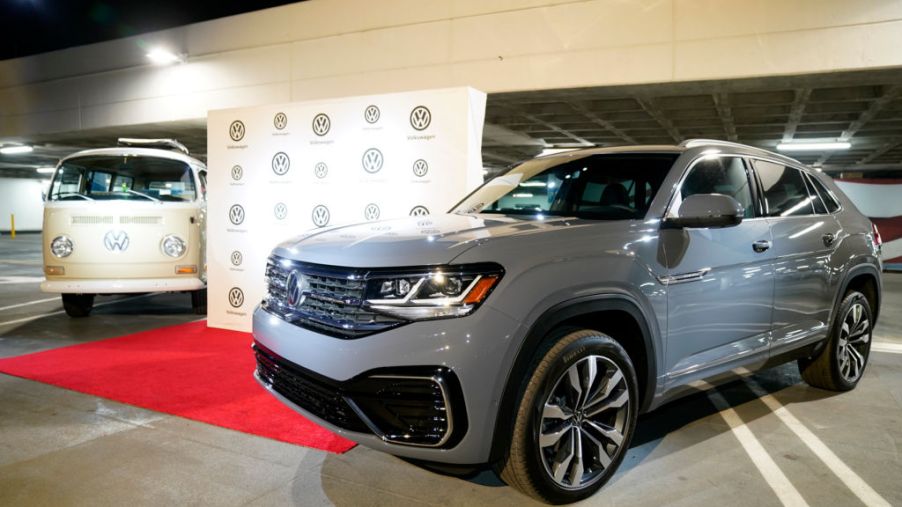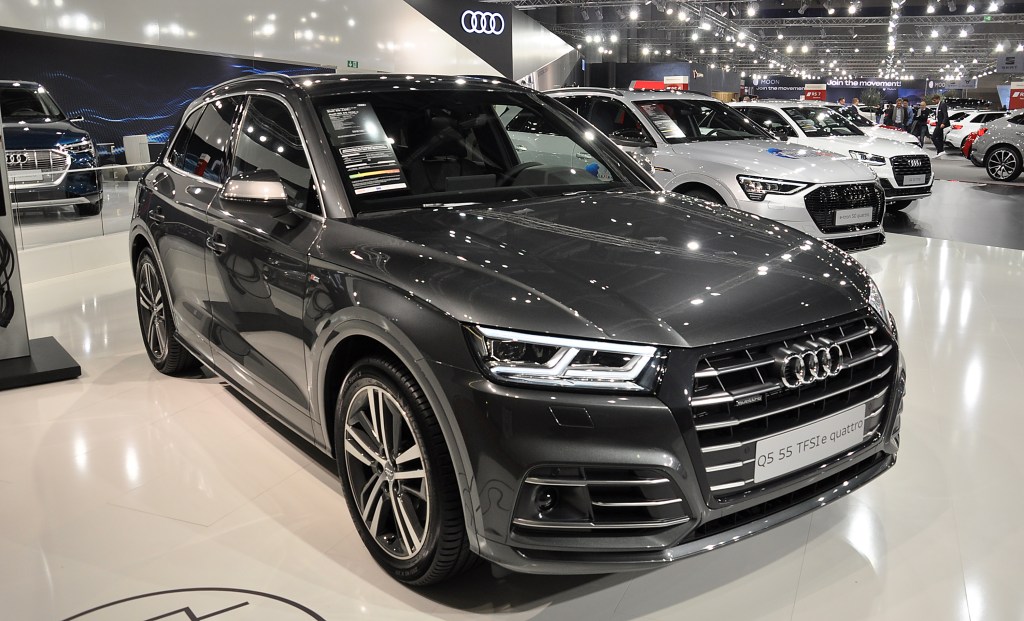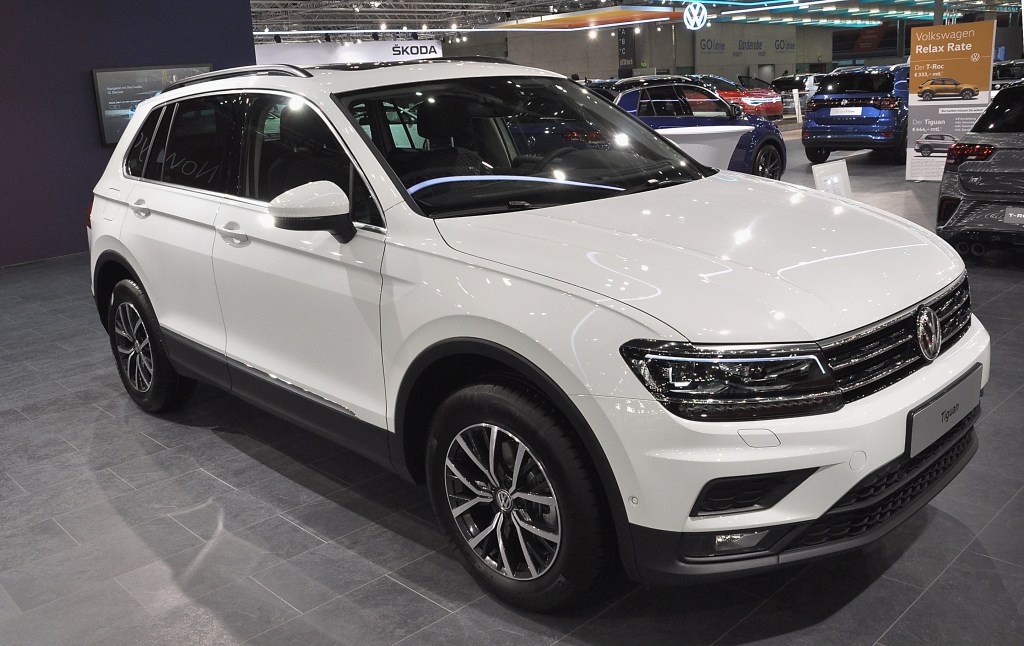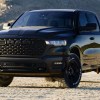
Recall Alert: Over 4,000 Audis and Volkswagens Could Fail To Give Proper Support
Front car seats are supposed to give us all the support that we need during our everyday drive and, more importantly, in the event of an accident. The seatback rests and head restraints not only provide comfort but they also there to provide functional support. However, over 4,000 different Audi and Volkswagen models are being recalled due to the possibility of an improperly welded backseat frame.
Which Volkswagen and Audi model are being recalled?
Around 4,854 Audi and Volkswagen models are being recalled in the U.S. and 3,000 are being recalled in Canada. According to Carcomplaints.com, the following models are being affected:
- 2020 Volkswagen Atlas Cross Sport
- 2020 Volkswagen Jetta
- 2020 Volkswagen Jetta GLI
- 2020 Volkswagen Tiguan
- 2020 Audi Q5
- 2020 Audi SQ5
- 2021 Volkswagen Atlas

What is the issue?
The various models are being recalled due to the possibility of the front seat backrests not being welded properly. If a rear-end crash occurs, then the back-rest adjustment could break and reduce the occupant’s restraint, in turn causing a greater amount of injury.
Is there a fix in place for the recall?
Dealership technicians will inspect the front seats for defects and, if needed, fix the frames free of charge.
Do owners of any of the models need to do anything?
Audi and Volkswagen will be notifying owners starting on October 25. If needed, the vehicle owners can call Audi at 800-822-2834, or call Volkswagen at 800-893-5298. Owners can also check their car’s VIN on the NHTSA website to learn more about this recall as well as any others their vehicle might have.

This isn’t the first time that Volkswagen models have been recalled for this issue
While we would like to think that manufacturers learn from certain recalls and issues from the past, it seems that history, more often than not, likes to repeat itself. Case in point, the 2017 Volkswagen Tiguan was once recalled in the Australian market for the same issue. Fortunately, only around 707 models were affected, however, that’s still a lot in the grand scheme of things.
Additionally, the 2015 Volkswagen Polo – also in the Australian market – was recalled for the same issue, which affected only 96 models. Luckily, Volkswagen Group Australia issued a statement at the time that they no issues concerning the recalled backrests and that the inspection only takes around 30 minutes, but owners would need to allot 90 minutes in case the fix needs to be put in place.

Is the Volkswagen Auto Group lacking quality control?
We honestly don’t think that the Volkswagen Auto Group is completely lacking quality control as issues do come up when it comes to manufacturing thousands of models every month, let alone every year. However, this backrest issue does seem to be a pretty serious issue considering you never know what can happen on the road on a day-to-day basis.
At least the fix for it sounds pretty simple and not very time consuming, so for the owner with the affected cars, we strongly advise you get it checked out. Even if there’s nothing wrong, at least you know you’ll be able to go about your daily drive more comfortably.



